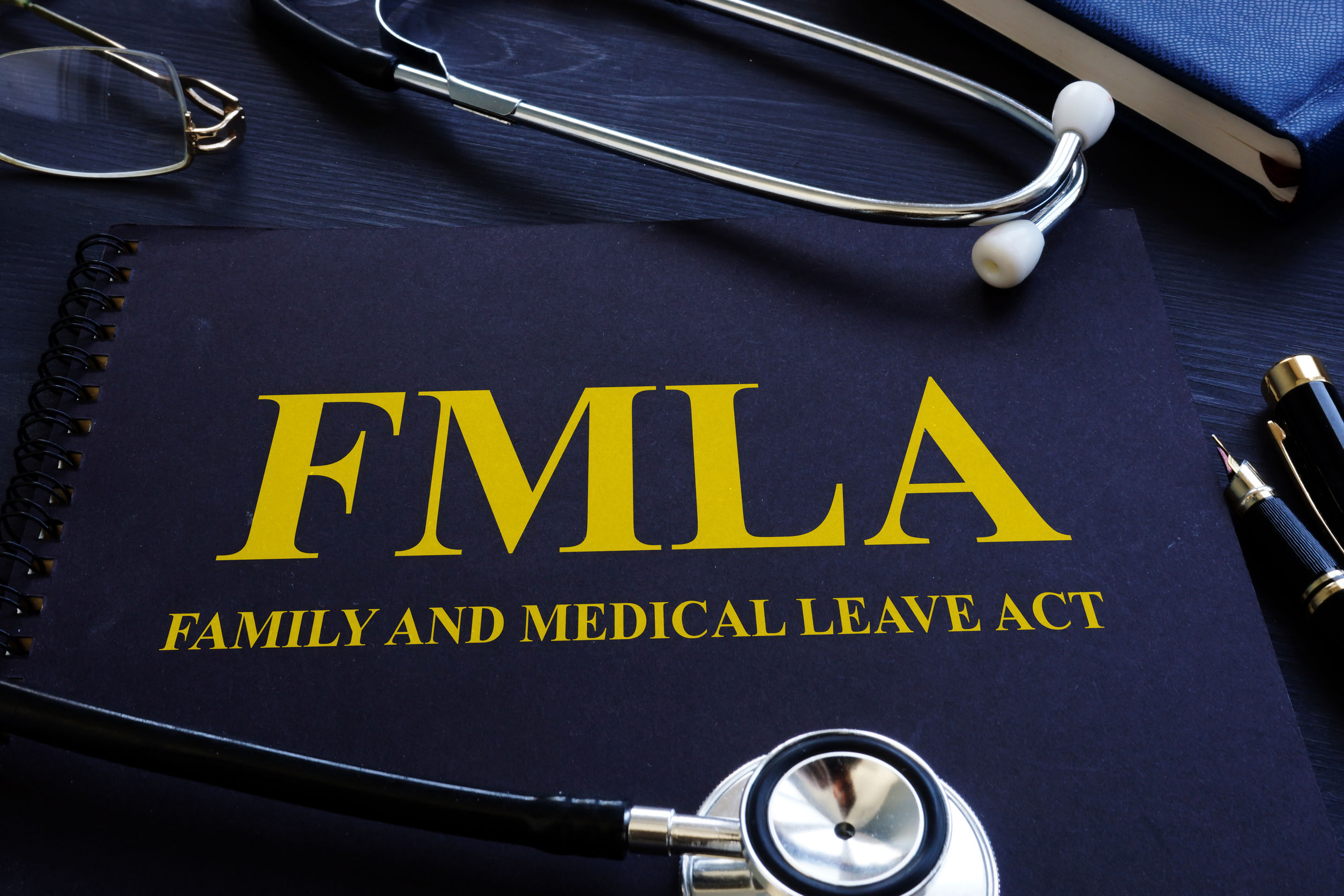
Family Medical Leave Act
Did you know your treatment is protected by the FMLA?

Did you know your treatment is protected by the FMLA?
Watching loved ones experience the grips of addiction is a pain no family wants to endure. From the outside, it’s difficult to know where to turn for help when a loved one is living with drug addiction or alcohol abuse disorders. Today, we don’t have to live in fear of impending tragedy. State and federal laws allow families to act in the best interests of our loved ones.
For people living with substance abuse disorders, a common hesitance in seeking treatment is fear of loss of employment. Fortunately, legal protections exist to help remove barriers to potentially life-saving rehabilitative services.
The Family Medical Leave Act (FMLA) is a federal law protecting the employment status and insurance coverage of certain employees during the course of medical treatment, including treatment for substance abuse disorders. Under these protections, employees who qualify are guaranteed up to 12 weeks of medical leave as well as preventing insurance companies from dropping coverage.
Government employees including those working in public schools, or in local, state, or federal government offices are covered by the Family Medical Leave Act. For employees of privately held companies, you must meet the following requirements:
You may be protected under the Family Medical Leave Act if:
Taking time off of work for addiction recovery can be a challenging choice to make, especially if you are the primary provider for yourself or your family. While the Family Medical Leave Act only requires employers to provide unpaid leave, you may be able to utilize any accrued paid time off including paid vacation days and sick leave.
To file for FMLA, obtain the proper form from the United States Department of Labor website or from your employer. Ensure you are filling out the proper form. If you are filing in order to seek addiction treatment, you need the WH-380-E form. Your employer will need to fill out Section 1, you will fill out Section 2, and your healthcare provider will fill out Section 3. The form should then be filed with your employer.
If you have questions regarding FMLA and addiction treatment coverage, contact us today.
By submitting this form you agree to the terms of use and privacy policy of the website. We respect your privacy. By sharing your phone number, you agree to receive texts from us – including details about your benefits. Message and data rates may apply. Sharing this information is not a condition of treatment.